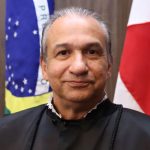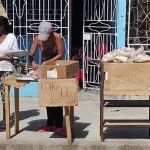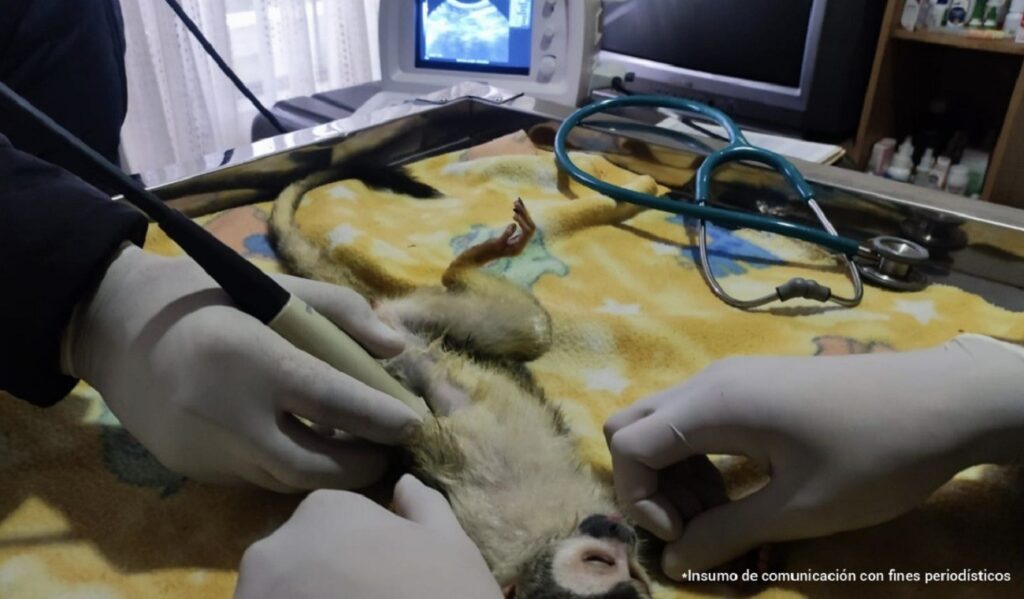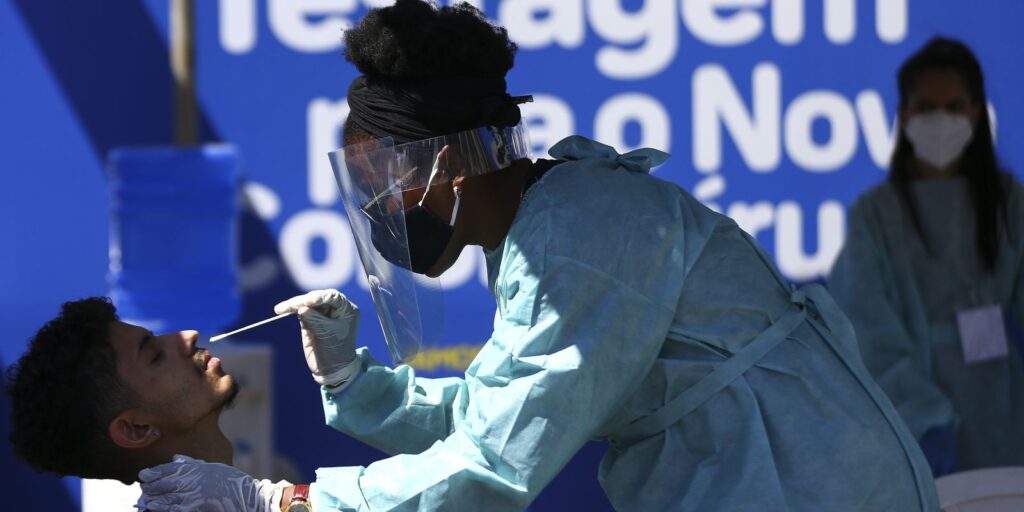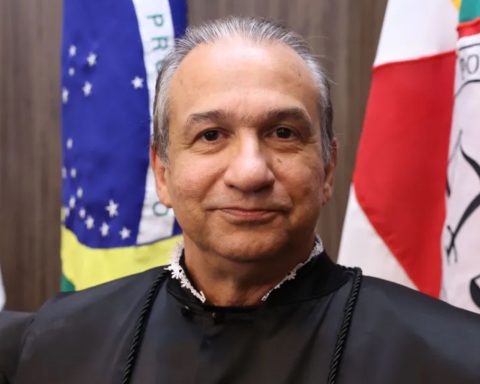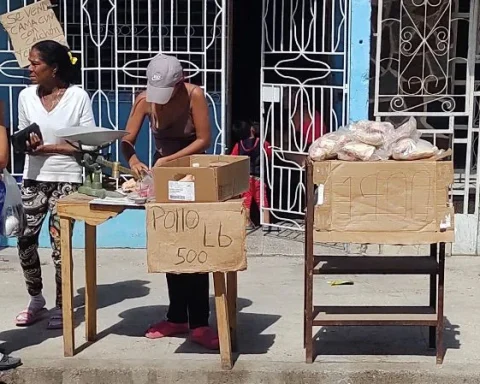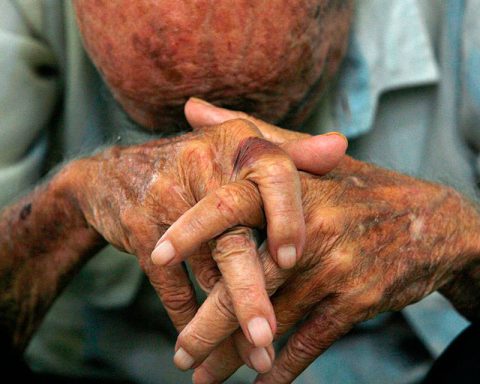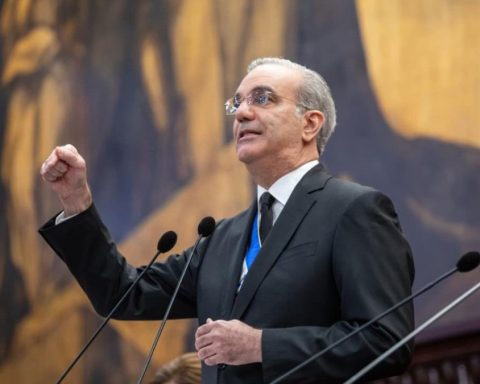“Giving Rejection hope, that it becomes an option to do things right is part of the challenge.” With these words, the president of the UDI, Senator Javier Macaya, outlined the best campaign strategy for Rejection to prevail in the exit plebiscite, a referendum in which he places his hopes of victory to undertake a series of constitutional reforms that, he assured, “they must consider citizen participation and enable a mechanism, since the current Constitution establishes something different.”
“I have no doubt that doing things well, providing Rejection with content, will make it express itself in people’s preferences, because when you buy a car you don’t change the engine for the next day, that happens with the proposal of the Convention”, added the helmsman of the guild, who specified, in an interview with El Mercurio, the need to confer on this option a “clothing to constitute itself as something with hope”.
“We have to be able to identify issues from the current draft that could be part of a Constitution that unites us: recognition of the PP.OO.; the importance of the environmental issue and how fundamental it is to constitute Chile as a Social and Democratic State of Law”, he added.
Likewise, Macaya valued the proposal of DC senators Ximena Rincón and Matías Walker, although he was emphatic in clarifying that this does not mean a long-term political rapprochement with sectors of the former Concertación. “Because despite having had profound differences in the past, here we are in an evaluation of the objective and concrete content of what the constitutional proposal is. Let no one believe that this could lead to a reconstitution of alliances, ”he indicated.
Macaya ruled out that the proposal of both Falange senators is, deep down, a political maneuver to strengthen the Rejection. “The 4/7s are precisely the certainty that the process continues, and should be seen as a guarantee and a sign of good faith on the part of that world (…) The Government itself has had the ability to realize and change its opinion regarding the need to have a mobility pass that was not supported in the past, with the state of exception in the southern macrozone and the withdrawals. The PC itself, which was not part of the November 15 agreement, changed its mind and today is part of the process”.
Regarding the risks that he envisions with the eventual triumph of the Approval in the plebiscite of September 4, Macaya affirmed that “it would be a path that will not only take a very long time, decades, environmental lawyers have said, in the matter of native peoples of regional structures. Not only decades, they are billions of dollars that are going to go to the state bureaucracy, to the politicians.”







